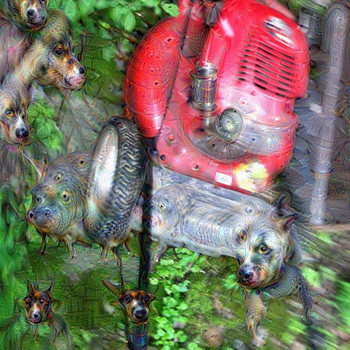Question #e8d49
1 Answer
Yes.
Charged particles from the sun are deflected and sometimes trapped by the earth's magnetic field. An aurora occurs when the intensity of the particles increases and the magnetic field allows some of those particles in. These particles and leak in at the magnetic poles. If the magnetic poles were somewhere else, the aurora would occur near that location.
Geological evidence indicates that the poles can reverse suddenly. So there wouldn't be a gradual change over 40,000 years. In the middle of the change, there might be a hundred years with no poles, and then the re-establishment of poles in the opposite directions. We expect this to happen similarly to the way the sun reverses its poles every 11 years. But recorded human history does not include any previous observation.

